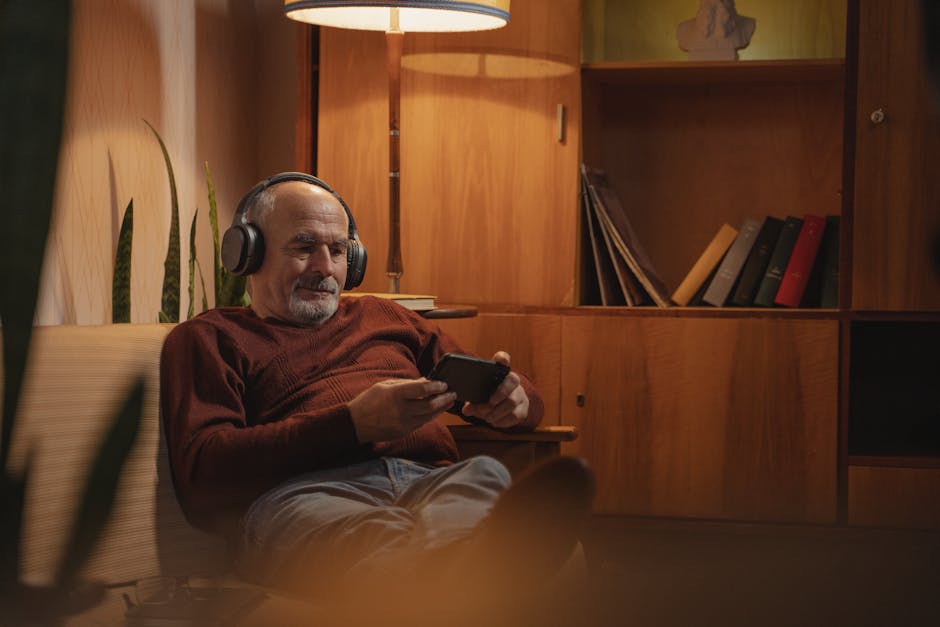The landscape of music has been irrevocably reshaped by the digital revolution. No longer confined to physical formats or centralised distribution channels, music has found a new home in the vast, interconnected realm of the internet. This shift, however profound, isn’t simply about technological advancement; it’s a fundamental transformation of how we perceive, create, and consume music. Predicting the precise trajectory of this evolution is complex, but by examining current trends and future possibilities, a clearer picture of the musical future emerges.
A Decentralized Stage: The Rise of Independent Creators
One significant facet of this digital age is the democratization of music creation and distribution. Platforms like Bandcamp and SoundCloud have become vital arteries for independent artists, providing direct avenues to connect with audiences and bypass traditional gatekeepers. This fosters a burgeoning ecosystem of artists, each with a unique voice and approach, unconstrained by the rigid structures of the past.
Furthermore, tools for music production have become remarkably accessible, allowing anyone with a computer and a microphone to craft and share their own compositions. This accessibility has unleashed a creative flood, generating a multitude of styles and subgenres, pushing boundaries and redefining musical expression. The rise of user-generated content in music highlights a crucial shift: the audience is no longer a passive listener; they’re actively involved in shaping the musical conversation.
Beyond the DIY approach, collaborations across geographical boundaries are becoming increasingly common. Artists from diverse cultural backgrounds are uniting through digital platforms, fostering cross-cultural exchange and generating new, hybrid musical forms. This global interconnectedness fuels innovation and creates a truly dynamic musical landscape.
The Algorithm’s Embrace: Personalized Sonic Journeys
The advent of algorithms has undeniably altered the way we discover music. Streaming services are meticulously curating playlists based on individual listening habits, creating personalized sonic journeys tailored to each user. While this personalized approach has the potential to uncover hidden gems, critics raise concerns about the potential for algorithmic bias and the homogenization of musical tastes. The delicate balance between personalized recommendations and the exposure to diverse musical experiences is a crucial challenge for the future.
Beyond individual playlists, algorithms are also impacting music creation itself. AI-powered tools are being used to generate music, compose melodies, and even assist with the creative process. While some fear the erosion of human creativity, others see AI as a powerful tool for augmenting and extending musical capabilities. The debate over the role of AI in music creation will undoubtedly shape the musical landscape of the future.
Immersive Experiences: Music beyond the Audio Spectrum
The digital age is not just about sound; it’s about creating immersive and multi-sensory experiences. Virtual reality (VR) and augmented reality (AR) technologies are paving the way for music performances and listening experiences that go beyond traditional auditory encounters. Imagine experiencing a concert in a virtual arena, or overlaying interactive visual elements onto a live performance the possibilities are limitless.
This evolution extends beyond live performances. Interactive music apps are already allowing users to participate in musical experiences, composing and playing alongside others in real-time. These advancements are creating a sense of shared experience and community amongst listeners, transforming music from a solitary activity to a truly social one.
The Evolving Economics: Navigating the Digital Marketplace
The digital economy is radically altering the way music is financed and distributed. Subscription models have become commonplace, alongside avenues like licensing and royalty payments, offering viable options for artists to generate income from their creations. Despite these advancements, navigating this complex digital marketplace poses challenges, particularly for independent artists.
Furthermore, copyright infringement and piracy continue to be persistent threats, necessitating the development of robust legal frameworks and technological protections. The dynamic interaction between artists, platforms, and technology remains a key element to exploring the future of music economics. The intricate web of ownership, licensing, and compensation in the digital realm necessitates ongoing adaptation and negotiation.
The Future is Unfolding: A Multifaceted Symphony
The future of music in the digital age isn’t a monolithic entity; it’s a multifaceted symphony of possibilities. From decentralized creation platforms to immersive experiences and evolving economic models, the transformation is profound. The challenges are significant, particularly in addressing issues of algorithmic bias, copyright infringement, and maintaining creative control in a tech-driven environment. However, the potential for innovation, community building, and artistic expression has never been greater.
The artists and audiences of tomorrow will be shaped by these developments. They will be empowered by new technologies, yet they will also need to navigate the intricate web of ethical considerations and economic realities that accompany this rapidly evolving musical landscape. The future of music remains unwritten, a vibrant tapestry woven with the threads of innovation, creativity, and connection. The digital age is not just a passage; it’s a profound and ongoing revolution in how we experience and create music.
